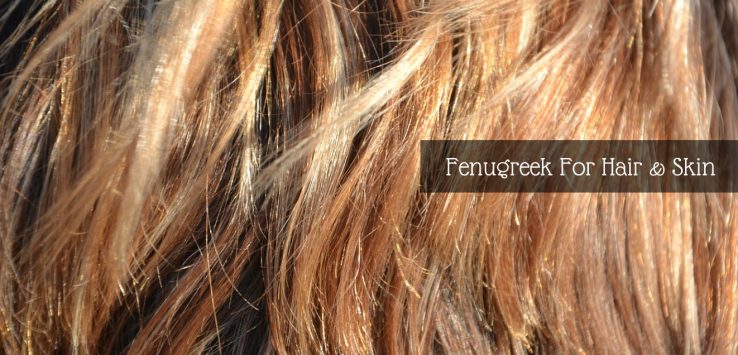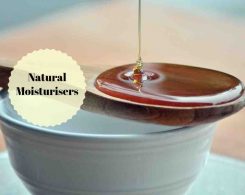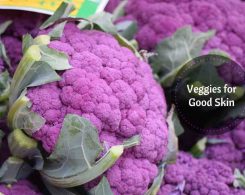- 5Shares
- 5 Impressive Beauty Uses Of Methi Seeds For Hair And Skin
- 1. Tackles Hair Fall
- 2. Improves Hair Texture
- 3. Heals Acne
- 4. Treats Dry Scalp + Dandruff
- 5. Prevents Premature Graying
Fenugreek a.k.a methi is a highly valued Ayurvedic herb. It has a variety of health benefits and guess what, it’s great for beauty. In this article, we talk about 5 fantastic benefits of methi seeds for hair and skin. Read on!
5 Impressive Beauty Uses Of Methi Seeds For Hair And Skin
1. Tackles Hair Fall
Ayurveda experts often prescribe fenugreek for hair growth. Methi seeds have for long been used to strengthen hair roots, nourish the scalp with essential nutrients like protein and nicotinic acid. This helps prevent as well as treat hair fall. And it works wonderfully when combined with coconut oil, which itself has a range of beauty benefits. Boil methi seeds with coconut oil until they turn a bit red. Let the oil cool down until it’s mildly warm. Massage onto your scalp.
2. Improves Hair Texture
We all want hair that looks glossy and healthy. One of the best ways of achieving this is with natural hair masks. Methi seeds contain a compound called lecithin that makes hair shine. This is why many Ayurvedic formulations contain methi seeds for hair texture improvement. First, soak 2 tablespoons of fenugreek seeds in hot water overnight. Then, crush them into a fine paste. Massage the paste onto your scalp and hair strands. After 40 minutes, rinse off thoroughly.
3. Heals Acne
Fenugreek is an excellent remedy for acne. That’s because it has powerful anti-inflammatory as well as antibacterial properties. If you have acne that results from dryness, fenugreek can do a lot to help. One way of using it is to simply add fenugreek to your diet. Another way is to use it topically. Here’s how. Soak 2 tablespoons of methi seeds in water overnight. The next morning, heat up 3 cups of water and add the seeds to it. After it simmers for 10 minutes, strain the water out. Cool it down to room temperature and then apply it onto your face with clean cotton.
4. Treats Dry Scalp + Dandruff
Winter isn’t the only thing that dries the scalp to a point of severe flaking. Pollution, a poor diet, and even stress can contribute. Fortunately, natural remedies like fenugreek seeds can treat dryness effectively, and also get rid of the resulting dandruff. Soak 2 tablespoons of fenugreek seeds in hot water overnight. Then, crush them into a fine paste. Add 2 equal parts yoghurt and massage well onto your scalp. Wash off thoroughly after about half an hour. Alternatively, you can use fenugreek oil for dandruff too.
5. Prevents Premature Graying
Last among the fenugreek benefits for hair is premature greying prevention. Being deeply nourishing for your scalp, fenugreek not only protects your hair from damage but can also prevent it. It supplies your scalp with much-needed moisture too. And it helps your hair retain its colour. Here’s how to use it. Crush 2 tablespoons of methi seeds with an equal amount of curry leaves into a paste. Massage onto your scalp. Wash off after 30-40 minutes.
Note: This article is solely for the purpose of sharing information. Please do not substitute it for professional medical advice. Before using methi seeds for hair as a medicine, consult your doctor.






Leave a Reply